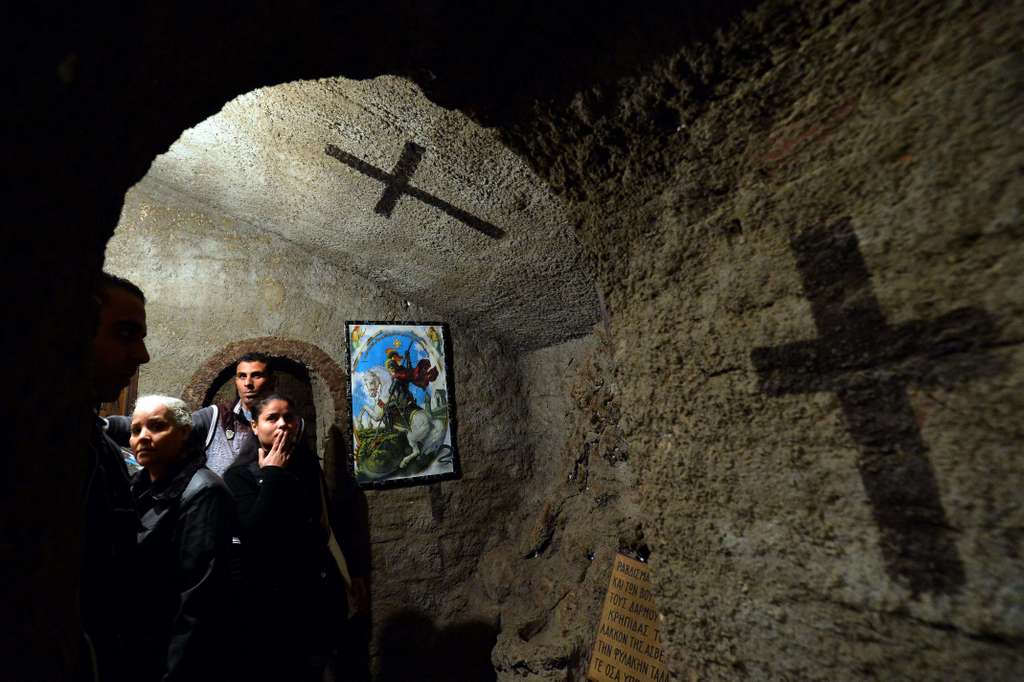76, 77 Committee focuses on constitutional amendments and need for amendments
CAIRO: A group of intellectuals, politicians and constitutional experts have established a committee to pressure the government to undertake genuine constitutional amendments and are ready to take to the streets to further the cause of what they call crucial democratic reforms.
But cracks may already be forming in the new organization.
Called the 76, 77 Committee, the initiative is an outcome of the constitutional amendment workshop organized by the Ibn Khaldun Center for Development Studies (ICDS) on Nov. 18.
Professor Saad Al-Din Ibrahim, chairman of the ICDS board of trustees, and Hussain Abd Al-Razik, the secretary general of the left-wing Tagammu’ Party, will invite political parties, NGOs and public figures to take part in the committee.
Law professor and former minister Yehia Al-Gamal and constitutional law professor Atef Al-Banna said they would draft a formula to amend articles 76 and 77 that would be put to the public for signature collecting.
The committee, which also includes key members Osama El-Ghazali Harb, the editor-in-chief of Al-Siyasa Al-Dawliya, and Deputy Anwar Esmat El-Sadat, the late President Anwar El-Sadat’s nephew, plans to organize protests and raise people s awareness regarding the importance of amending the two articles in question if political reform is ever to materialize in Egypt’s political sphere.
Forming a new constitution demands a strong political will like the case in times of revolutions of regime changes . but during the current regime all we must do is to concentrate on changing the articles concerning the circulation of power, said Al-Gamal.
Article 76 governing the election of the president was amended in May 2005 following a national referendum but the opposition rejected the amendment, saying that it prevents independent candidacy and makes it difficult for political parties to field candidates for the post.
This paved the way for multi-party, multi-candidate presidential elections in September of the same year, but opposition groups said the amendments were cosmetic and in fact placed hurdles on the nomination of independent candidates in presidential elections.
They charge that in its present form, Article 76 prohibits Muslim Brotherhood candidates – accounting for 88 of 444 seats, sitting as independents in the current parliamentary session – from running in presidential elections.
Other independent candidates will also face the hurdle of collecting at least 65 signatures from the parliament, 25 from the Shura Council, and 10 from municipal council members from at least 14 provinces.
With the National Democratic Party controlling a clear majority of seats in parliament and all councils, chances of independent candidacy remain slim despite the amendment.
But the 76, 77 Committee may be heading into troubled water when it begins discussing the relevance of Islam as the state religion in the constitution.
Article 2 of the constitution states that Islam is the official religion of the republic but Abd Al-Razik believes this declaration as well as the article branding Egypt a socialist economy should be removed.
“The constitution mustn t be dictated to by any economic, social or religious background because political parties have different ideas with respect to these questions.
But Al-Banna opposed abolishing the article on religion, saying it did not differentiate between religions.
He also added that Sharia (Islamic law) “is the main source of legislation and does not negate that there are other sources.
Al-Gamal took a more conciliatory approach, saying that the article on Islamic law wasn’t necessary in the constitution and it should be annulled, but he confirmed that discussing this matter now would arouse a heated debate among political forces that might weaken them in front of the government.

